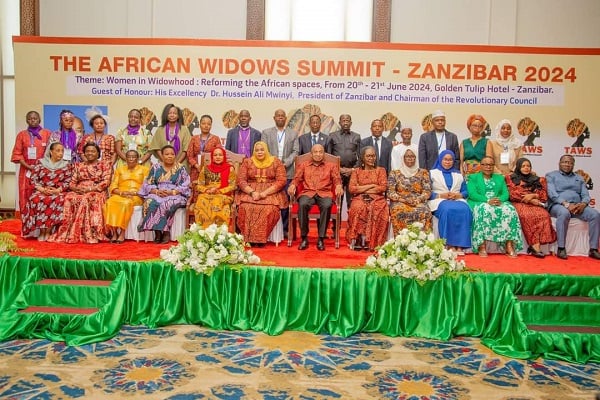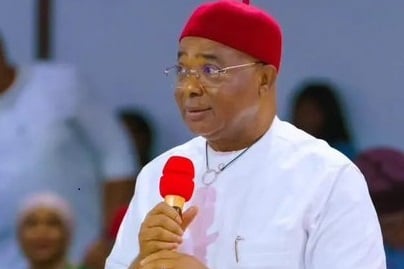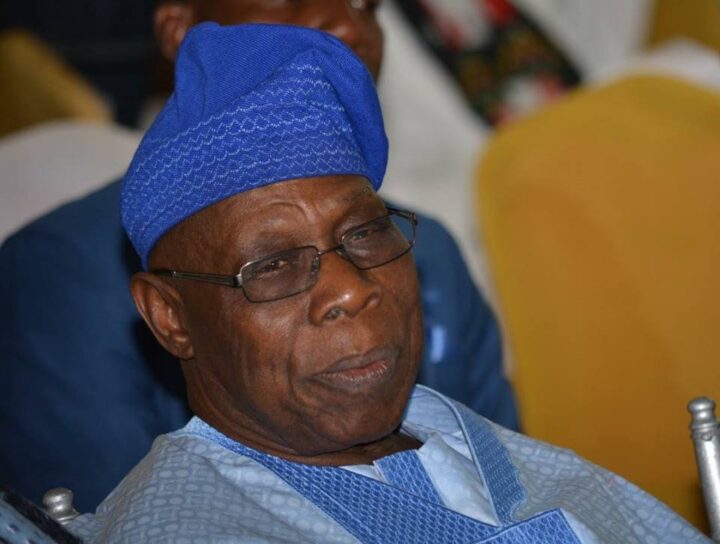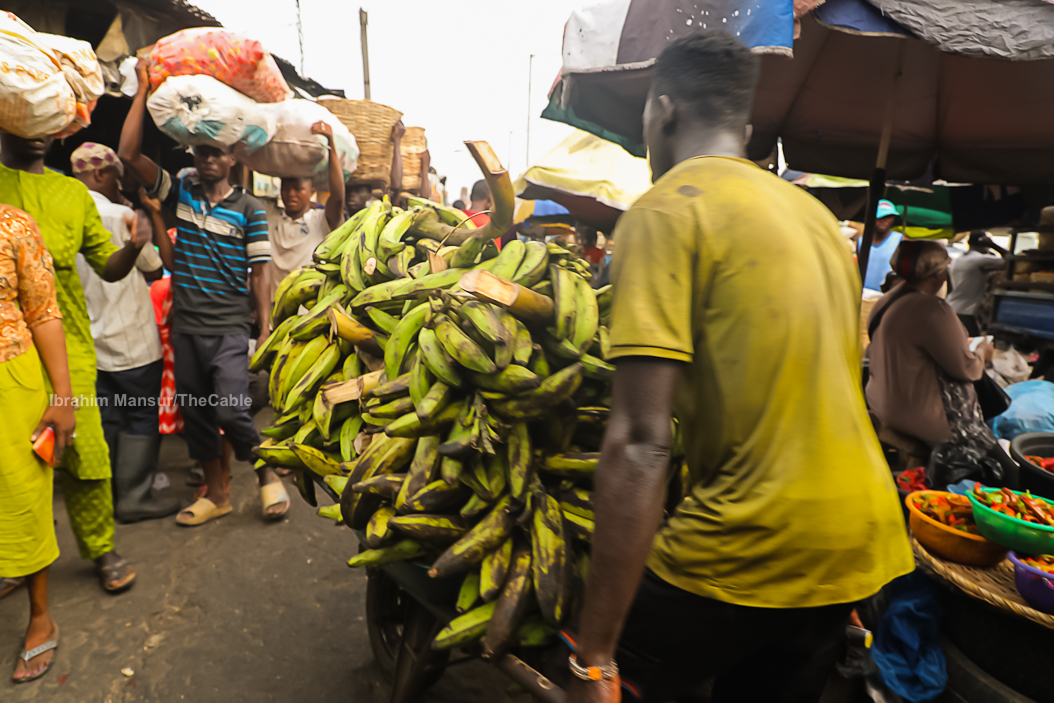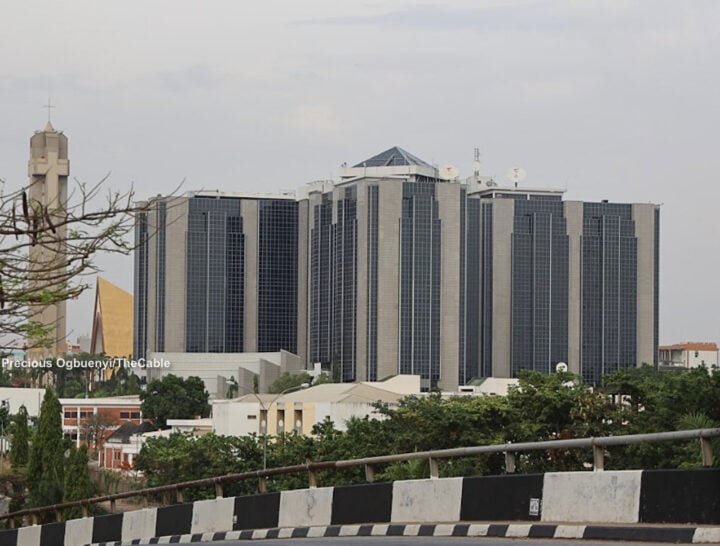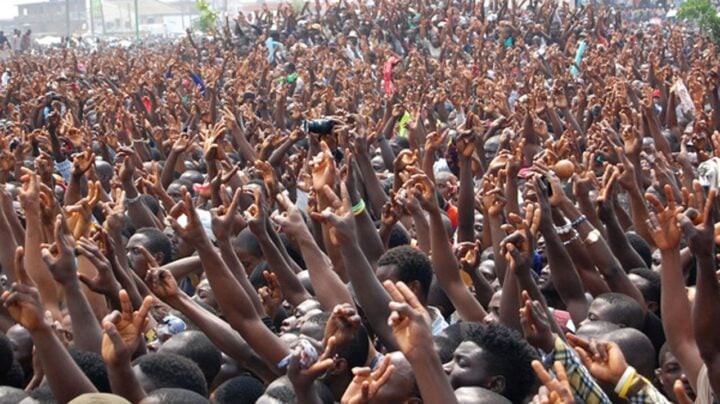2024 African Widows Summit held in Zanzibar
BY HOPE NWAKWESI
It is no longer news that a landmark event for African widows’ reform was held from June 20 to 22, 2024 in Zanzibar.
As African women in widowhood continue to grapple with persistent challenges and the prevalence of discrimination and disinheritance measuring across cultural practices and beliefs, economic opportunity, political empowerment, social services and security, having a policy within this border is an action that will promote sustainable and universal empowerment for African widows, which must be provided by the government. Hence the initiative of The African Widows Summit.
Immense appreciation must therefore be accorded His Excellency, Dr. Hussein Ali Mwinyi, and the Revolutionary Government of Zanzibar for believing in our mission and welcoming the historic first-ever summit for widows on the continent.
Advertisement
The summit, an initiative of the Almanah Hope Foundation in Nigeria, has set a new benchmark in addressing the critical issues surrounding widowhood in Africa. The three-day conference, under the theme “Women in widowhood: reforming the African space”, brought together a diverse group of leaders, advocates and widows to focus on widows’ inclusion, economic empowerment and policy reform, with delegates from over ten countries of Africa participating. The objectives of the summit were to deepen the understanding of widowhood issues and policy development, improve access to knowledge and information related to widows’ rights and provide political leadership to addressing widows’ issues, in addition to catalysing solutions that will improve the values of African widows.
The summit, which was opened by President Mwinyi, also had in attendance some past and present first ladies, gender ministers and senior officials from the African Union. The event provided a platform where widows and various stakeholders explored and addressed the challenges faced by widows across the continent. It also aimed to drive the narrative that focused on widows empowerment through inclusion, emphasising the role of government in providing political leadership and intervention through strategic policy, planning and allocation. In addition, it discussed the social and economic roles of widows in their communities and the need for supportive frameworks through government planning and allocation.
The summit had a compelling keynote address from Ms Prudence Nonkululeko Ngwenya, the African Union’s Director of Women, Gender and Youth. Among her contributions were on how to ensure that widows’ rights are upheld, be empowered economically to improve their livelihood and support their families to live in dignity, and be engaged in all decision-making at all levels to ensure their perspectives are incorporated in political and national mission and implemented.
Advertisement
The summit organisers did a wonderful job, especially with their initiative of ensuring that the conversations were spread across the media spaces.
Dr. Auxillia C. Mnangagwa, First Lady of Zimbabwe, reiterated the need for all to work together to challenge the practices that marginalised widows and advocated for policies that provide widows to access quality education, economic opportunities and social support to enable them tp live with dignity and independence.
The Second Lady of Kenya, Pastor Dorcas Rigathi, in her advocacy speech, highlighted that economic empowerment for widows should start with a change in mindset, to help widows move away from grief and negative thoughts towards a more dignified life. She said widows lose their husbands but not their intelligence, hands, or capacity to work.
In my speech as President of the Union of African Widows and the African Widows Summit, I highlighted that sustainable and universal empowerment for African Widows is key to unlocking the invisible women (widows) and that it is the responsibility of the government at all levels to encourage the inclusion of widows in policy, economy, education, health and housing plan.
Advertisement
Overall, the summit also stated the need for the establishment of a dedicated fund to support widows, aiming to provide financial resources and opportunities for self-sufficiency, as well as for the donor policy and politics to begin the allocation of funds to widows’ empowerment.
High-level plenary sessions, thematic workshops, side events presentations, policy formulation, networking, and cultural exchange were among the highlights of the historic event where participants engaged in discussions to develop actionable strategies for widow empowerment and especially representatives of widows were opportune to share experiences while contributing to debates and offering advice in their various dialects. The participants were thereafter entertained by the government and people of Zanzibar throughout the country with visit to a few of their tourist attractions.
At the end of the summit, African nations, women/gender ministers made actionable recommendations for onward presentation to the African Union headquarters in Addis Ababa, Ethiopia.
It is gratifying that the union of African widows has laid a strong foundation for the ongoing movement that will promote a unified effort to build the support and empowerment of widows across Africa. The recommendations and collaborations forged at the summit however require stakeholders’ partnerships to catalyze future initiatives aimed at addressing the complex challenges faced by widows and promoting their inclusion and well-being.
Advertisement
At this juncture, credit must be accorded to some individuals including the Nigerian delegates to the summit and many others who offered advisory, encouragement and prayers for the success of the event. Already, the African Widows Summit 2025 has been scheduled to be held in the first week of June in the southern African region and the organisers have commenced talks with two countries, out of which one will be chosen in due course. Suffice it, therefore, that partners and sponsors would be most appreciated in this resolve.
Widows’ inclusion is of utmost necessity and there is no better time to express this than now.
Advertisement
Nwakwesi is the founder of the Almanah Hope Foundation in Nigeria and president of the Union of African Widows
Advertisement
Views expressed by contributors are strictly personal and not of TheCable.
Add a comment
